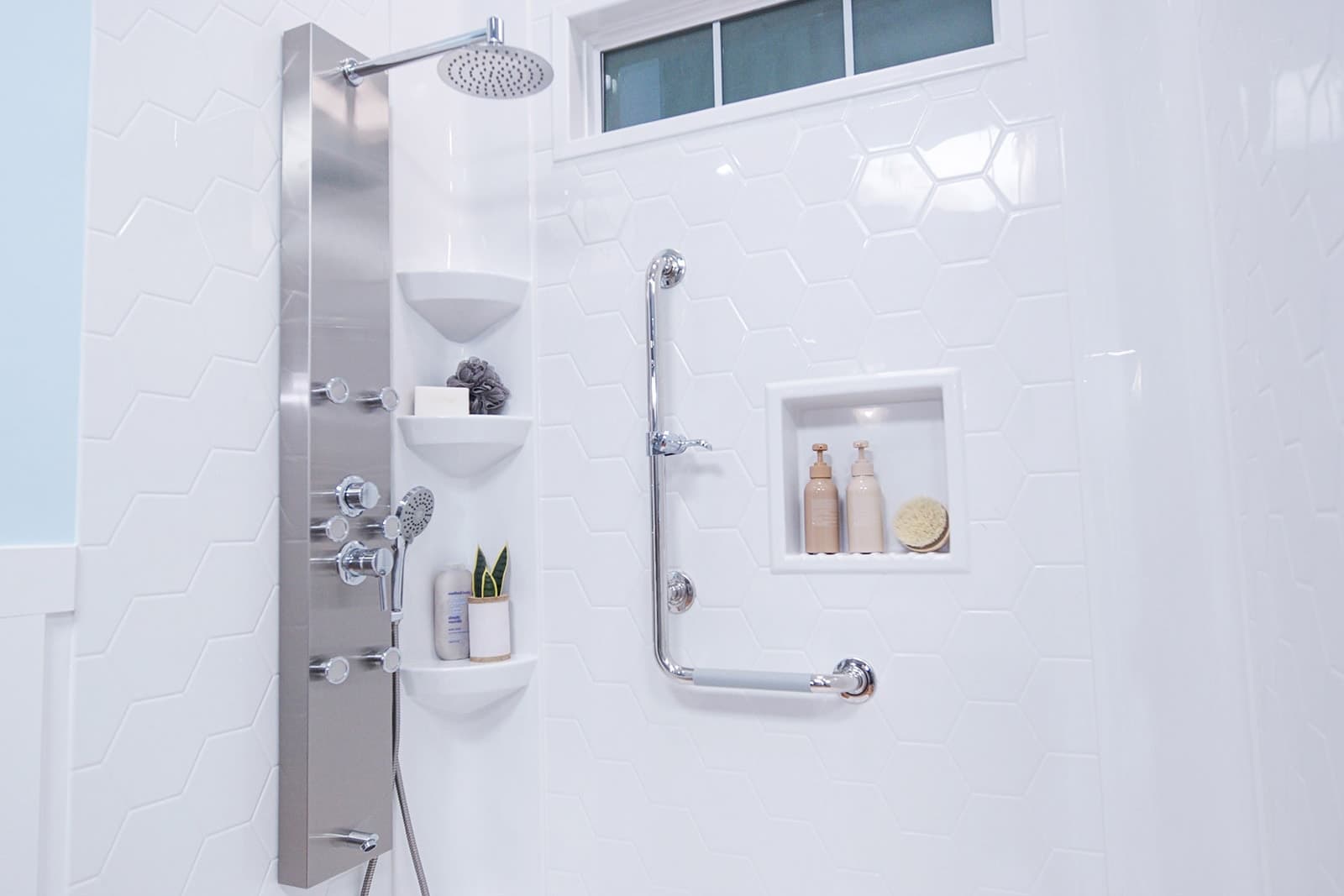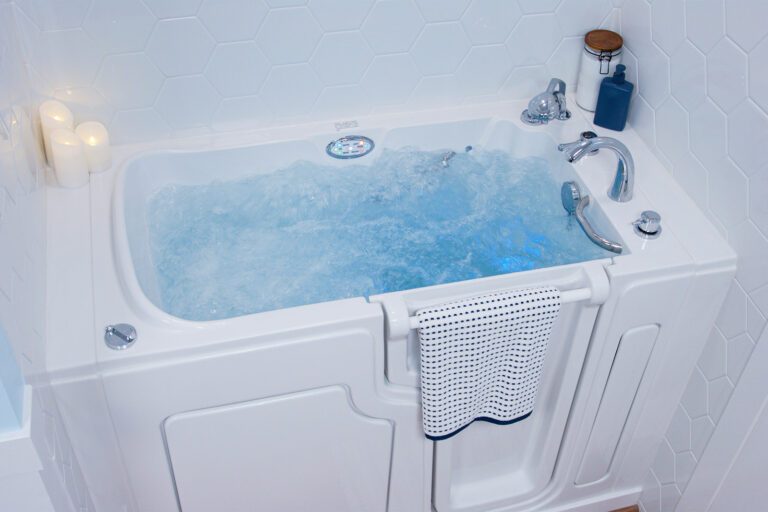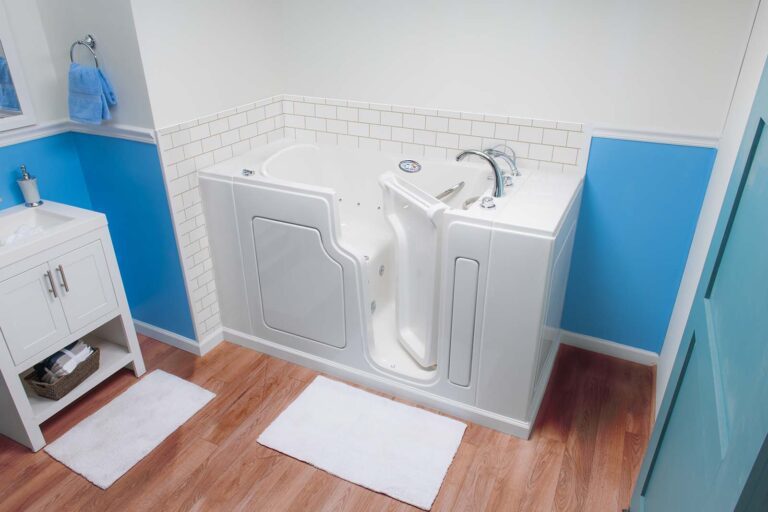A Close Understanding of Walk-In Showers

Walk-in showers have become a popular bathroom fixture in recent years, with many people opting to remove their tubs in favor of a larger, more accessible shower stall. If you’re not sure what walk-in showers are or how they differ from standard shower stalls, keep reading. This blog will enlighten you, as well as share some of the pros and cons of installing a walk-in shower in your bathroom.
What Is a Walk-In Shower?
A walk-in shower is usually defined as one that has very little or no step up into the shower stall. This makes them easy for anyone to access, regardless of potential mobility issues. For this reason, they’re extremely popular among senior citizens, who might have a hard time lifting their feet over a high ledge.
How Are They Different?
Now, you might be wondering how a walk-in shower is any different from a standard shower stall that’s already separate from the bathtub. Typically, a walk-in shower is much larger than a normal shower stall, and many walk-in shower designs nowadays will also opt out of a door or any kind of shower curtain. Instead, the entry to the shower is positioned in such a way that water won’t spray out of the stall, and a single glass pane is used to divide the shower from the rest of the bathroom. This gives the bathroom a beautiful, open look that feels much more spacious than standard shower and tub installations.
What Are the Benefits?
As we already mentioned, walk-in showers have a beautiful design that is incredibly popular among homeowners and people with disability. This also means that a walk-in shower could increase your home’s resale value if you’re planning to sell in the future. Showers also use less water than baths, making them more eco-friendly—and reducing your water bill. And of course, they’re more accessible for those with concerns regarding mobility.
Potential Drawbacks
While walk-in showers are in high demand, the lack of a tub in your bathroom would mean that that particular bathroom would only be listed as a ¾ bath instead of a full bath when you sell your home; this may cause some buyers to look elsewhere if they don’t have an understanding of what a ¾ bath can include. If you have small children in the home, bathing them in a shower can be difficult; though hopefully, you’ll have another bathroom in your home with a bathtub in it when needed. There’s also less privacy with a walk-in shower, and it can feel a bit drafty without a door or curtain.
Accessibility Concerns
As we mentioned previously, walk-in showers are popular for those with mobility issues. They provide an accessible bathing solution that is still stylish and can resell quite well. However, if you’re installing a walk-in shower as a solution to mobility issues, it’s important that you ensure your walk-in shower design meets your accessibility needs. Not only do you need to have a low entry step (or no step at all), but it’s also important to have some kind of seat in your shower. You can opt for a removable shower seat, or build in a stylish bench. You should also consider a handheld sprayer in addition to your standard shower head, and place at least one grab bar in the shower stall for added stability.
If you need assistance with finding an accessible walk-in shower design, contact us at the Safe Step Walk-In Tub Company. We offer several prefabricated designs made here in the USA. Call now!


